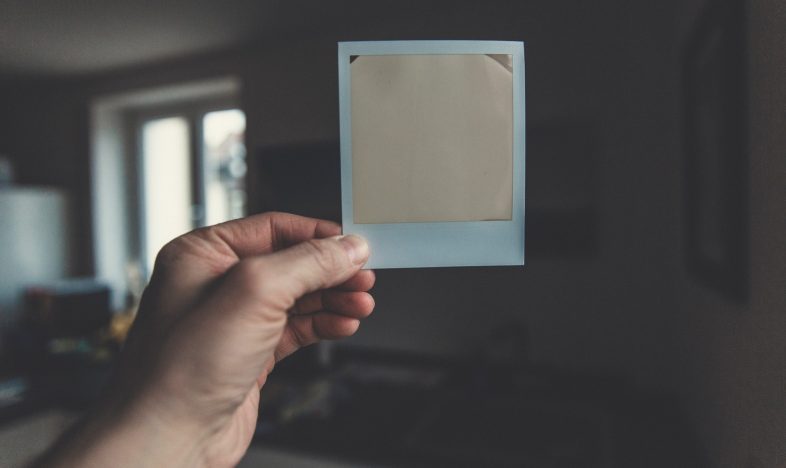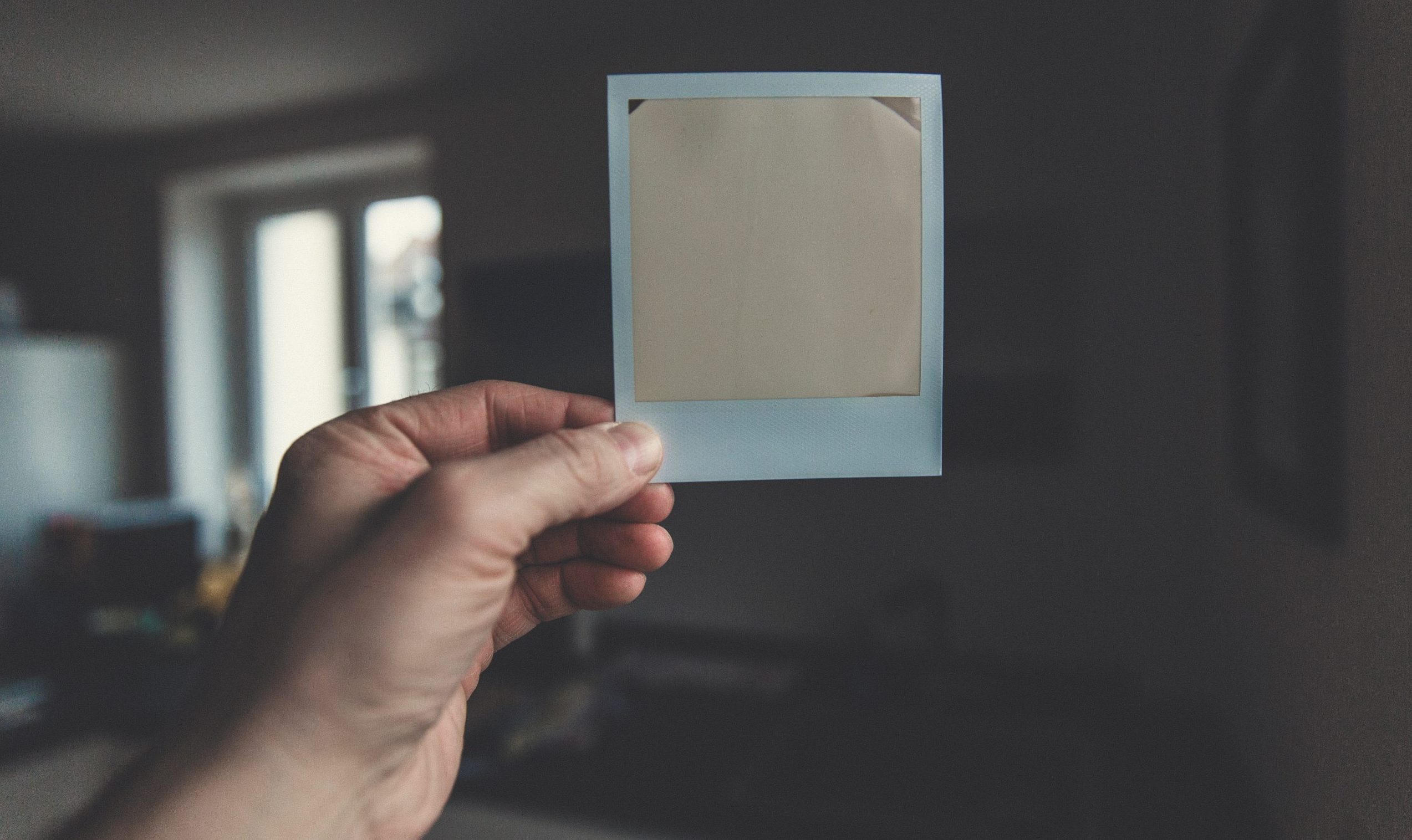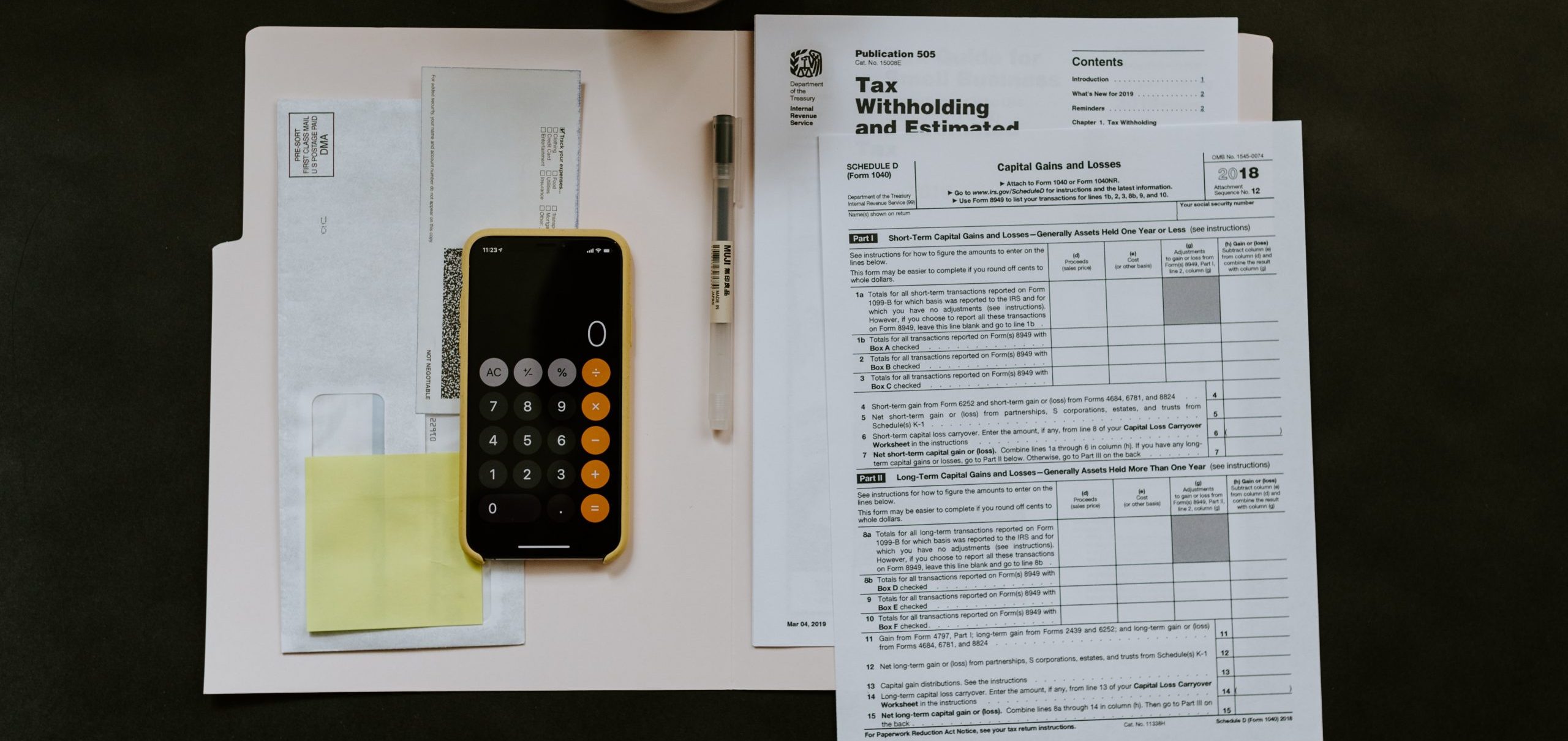Newspapers publish pictures of the accused and defendants: Should or not?


When an individual is prosecuted by the Criminal Investigation Agency, almost immediately their image appears in the social network space and also in the press. Being prosecuted is not necessarily guilty, in fact it has been proven that many cases of prosecuted people have been vindicated after being resolved by legal proceedings.
Social networks that post photos of individuals (including those being prosecuted) are clearly wrong, no need to argue. As for the press to publish pictures of the accused, do the defendants need to ask for permission? How the Press Law, civil and criminal law regulate this issue, is a controversial issue.
The topicality, the truthfulness of the press is to reflect the events occurring according to the current mainstream. Pictures are also a form of news. There are photos that can be worth several times more than the content of the newsletter. Therefore, all newspapers require reporters when writing a news, article, especially the internal affairs, to include pictures, in case there is no photo of the event occurring in the news, use illustrations. However, the use of images does not always create social consensus.
At present, there are two views on using personal images of the accused and defendants in criminal cases. The first view is that in criminal cases, when individuals are prosecuted, it is necessary to post images to serve the common interests of society for the purpose of deterrence and general prevention. The second point of view is that posting personal pictures of the accused and defendants is not advisable because there are signs of infringing upon the privacy rights to images protected by law.
Press agencies operating in the territory of Vietnam are governed by the Press Law, which is a specialized legal document. At the same time, in each specific field, the press must comply with the legal regulations of each specialty. For example, as a domestic reporter, when writing news reports related to inspection and investigation, in addition to complying with the Press Law, they must strictly comply with the provisions of the Law on Protection of State Secrets, in which lists Items classified as confidential (secret, top secret, top secret) are of course not posted.
According to Article 9, Law on Press 2016, there are 10 groups of acts that are strictly prohibited in press activities, including acts of disclosing state secrets, secrets of private life; Conviction of crimes without the Court’s judgment.
Article 25 of the Law on Press, Journalists have 6 groups of rights, of which, at point d, Clause 2, journalists are entitled to participate in public trials, to communicate directly with the person conducting the proceedings, procedure participants for information and interviews according to the law.
The Press Law of 2016 does not clearly stipulate whether a press agency is allowed to publish pictures of the accused (defendant, defendant) in criminal cases or not? Currently, there is no legal document guiding the permission or not to allow the press to use images of the accused, accused and offenders.
According to point c, clause 2, Article 8, Decree 119/2020/ND-CP dated October 7, 2020 of the Government on regulations on administrative sanctions in the field of journalism and publishing states: “Posting or distributing photos of an individual without that person’s consent, unless otherwise provided for by law” shall be fined from VND 5,000,000 to VND 10,000,000. However, the last paragraph of point c, clause 2, Article 8: “Other cases where the law provides for it” is not clear at present.
Civil Code: To post pictures of individuals, you must ask for permission
Article 32 of the 2015 Civil Code stipulates the rights of individuals to images as follows: Individuals have rights to their own images. The use of an individual’s image must be approved by that person.
Clause 2 of this article provides: The use of images in the following cases does not require the consent of the person having the image or their legal representative: a) The image is used for the national interest, the nation, the public interest; b) Images are used from public activities, including conferences, seminars, sports competitions, art performances and other public activities without damaging honor and dignity. , the reputation of the person with the image.
So, is the posting of images of the accused being prosecuted in the case of national, ethnic or public interests and does not require permission? Currently, press agencies cite this content to believe that posting pictures of the accused and defendants is in the public interest, so it is not necessary to ask for permission.
However, if based on human rights and citizenship as stipulated in the 2013 Constitution, human rights and citizens’ rights are protected by law and inviolable. Article 21 of the 2013 Constitution stipulates: “Everyone has the inalienable right to privacy, personal secrets and family secrets; has the right to protect its honor and reputation. Information about private life, personal secrets, and family secrets are protected by law. Clause 1, Article 31 of the 2013 Constitution has the Constitution: “The accused person is considered not guilty until proven in accordance with the statutory procedures and a conviction of the Court has taken legal effect. law”.
Thus, with this Constitutional principle, the accused person (including the accused, the defendant) is not considered guilty until the judgment of the Court has taken legal effect.
The person being prosecuted does not lose his or her personal rights to the image
The current Penal Code and Criminal Procedure Code (CPC) also do not have any provision that the person being prosecuted will lose/restrict personal rights to images. Chapter II, Basic Principles of the Criminal Procedure Code clearly stipulates the following principles: Respect and protection of human rights, legitimate rights and interests of individuals (Article 8); Protection of life, health, honor, dignity and property of individuals; honor, prestige, property of the legal entity (Article 11); Guarantee the inviolability of residence, privacy, personal secrets, family secrets, safety and secrecy of personal correspondence, telephone and telegrams (article 12), speculation innocent (article 13). With these principles show that in criminal law, the rights of people and citizens are also protected and respected, no one has the right to infringe.
Clause 1, Article 27, Criminal Judgment Execution Law 2019 stipulates that inmates have the right to life, health and property protection, respect for honor and dignity. Therefore, it can be understood that the accused, defendants and offenders are still protected by law for their image rights. Therefore, when press agencies use their images, they need to ask permission.
In fact, some courts have asked reporters when taking photos of the accused and defendants to get their consent. This shows that the Court – the agency that enforces judicial rights – has spoken out to protect the personal image rights of the accused in criminal cases.
In general, in some countries around the world, the press, when reporting on cases, does not publish images of accused persons (defendants, accused, convicts) but uses images of the accused. illustration. In case of posting pictures of people who are arrested or prosecuted, they must cover their heads so that their faces cannot be recognized.
Currently, there are two documents in force in Vietnam: International Declaration of Human Rights 1948 (UDHR), International Covenant on Civil and Political Rights (ICCPR), related to the privacy of individuals.
Article 12 of the Universal Declaration of Human Rights 1948, states: “No one shall be subjected to arbitrary interference in his private life, family, place of residence or correspondence, nor to contact violate personal honor or reputation; everyone has the right to the protection of the law against such interference and infringement”.
Article 17, International Covenant on Civil and Political Rights (ICCPR) states: “No one shall be subjected to arbitrary or unlawful interference with his privacy, family, home, reputation, or illegal invasion of honor and reputation. Everyone has the right to the protection of the law against such interference or infringement”.
As such, both national and international law protect the image rights of individuals. Therefore, in my opinion, the Vietnamese press should also follow international press practices that should not publish pictures of the accused. In terms of promulgating legal documents, the competent authorities also need to explain the law in a clearer and more detailed way for the posting of images of the accused in general and the accused in particular. .
According to: Vietnam Lawyers Electronic Magazine
Source: https://lsvn.vn/bao-chi-dang-hinh-bi-can-bi-cao-nen-hay-khong1665375865.html
Latest news










